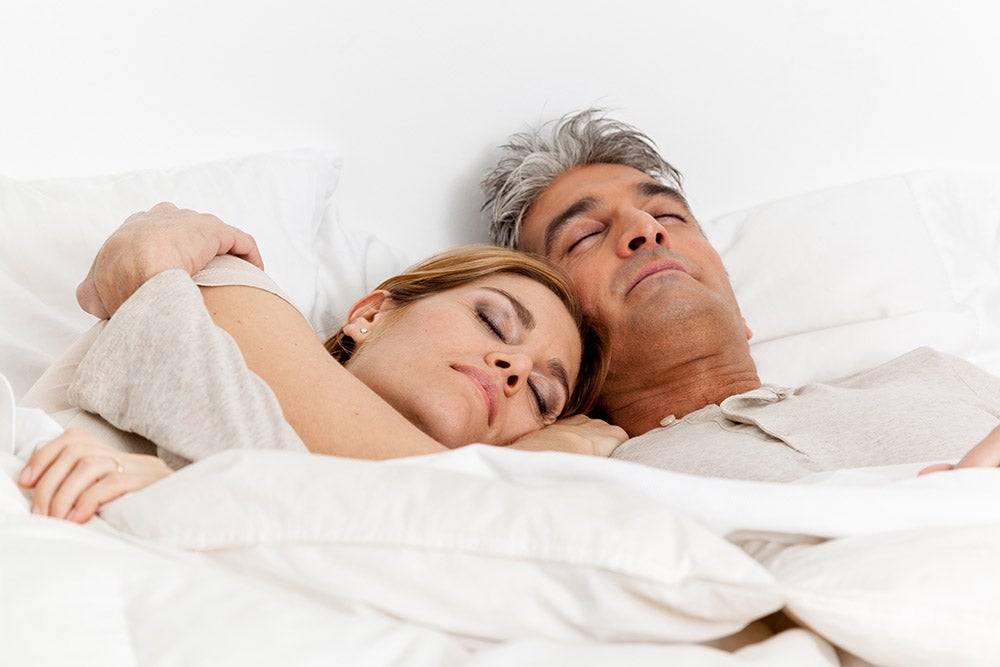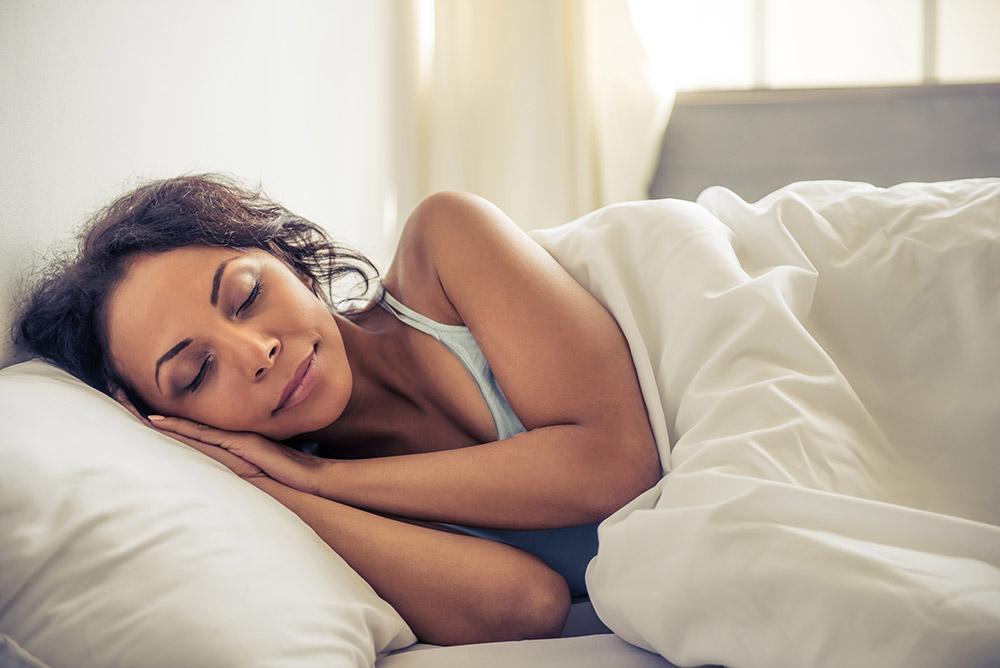If you have ever experienced a brief, sudden contraction when you are between a state of sleep and wakefulness, you likely have experienced night twitching. People who experience this condition will suddenly wake up with a jolt akin to the jump you experience when you are startled.
Night twitching is also called hypnagogic jerks or sleep twitches, sleep starts, or myoclonic jerks. These jerks and twitches are not severe conditions to worry about. Most times, you may not wake up because it may not impact your sleep. Night starts are common and, according to research, they happen to 70 percent of the population.
Hypnagogics have some symptoms. These symptoms do not signal a critical condition as night jerks are somewhat normal and common. The symptoms include a jerk of a body part or muscle, jumps resulting from hallucination or dream, falling sensation, rapid heartbeat, fast breathing, etc. However, understanding the factors that might contribute to developing hypnic jerks can be helpful.
While night twitches are generally not serious, certain sleep disorders can contribute to them. Avoiding the cause is a smart health decision, and a mattress that eliminates motion disturbance could be the answer.
What Causes Twitching at Night?
There are no definitive causes or reasons why hypnic jerks occur. It is common and normal. No adverse conditions are arising from sleep twitches. However, some research has shown that some factors can be linked to the condition. There are precautions you can take to avoid this condition. Here are some of them:
Hypnic Jerk Vitamin Deficiencies
People deficient in vitamins like Vitamin D, Vitamin B12 and Calcium, and Magnesium are susceptible to hypnic jerks. Foods like poultry, milk, cheese, fish, etc., are helpful. Deficiency in nutrients like magnesium and calcium will cause disrupted sleep and the inability to return to sleep after waking up, and may worsen sleep disorders like sleep apnea.
Magnesium helps promote healthy sleep and reduce anxiety. Calcium helps to regulate muscle contractions. Since night jerks involve jerks, eating food rich in calcium can arrest the situation to a reasonable extent. It is advisable to eat foods rich in these minerals like vegetables, dairy foods, and foods made from fortified flour, to make it easier to fall asleep and support deep sleep.
Anxiety and Stress
Stress and anxiety are some of the reasons why someone might experience muscle twitches and sleep jerks. Emotional stress places excess demand on your body or brain, while anxiety results from worry, fear, and overthinking. Some people react to stress by being anxious. People can be anxious or stressed about several things, including family, job, wellbeing, and so on.
When you are stressed, your brain will remain active longer than your body. So, even when you are sleepy and dozing off, your brain is still very active. As such, it might send signals not minding that you are trying to fall asleep. This can even happen when you are already asleep, disrupting your sleep quality and sleep-wake cycles.
Another way anxiety causes sleep jerks is that if you already experience these jolts, you might be anxious about experiencing it when you are dozing off or asleep. This anxiety and expectation, in turn, might trigger the condition.
Reducing your stress level and being less anxious about things can contribute to improving your sleep quality and ensuring a good night's sleep. Adopting a more systematic approach to doing things will make you less stressed about them. You can talk to a specialist if you cannot help your anxiety.
Caffeine
Caffeine is one of the stimulants that can cause night twitching. People take caffeine to keep them awake at night or get through the day. While caffeine is good in keeping you alert by stimulating your central nervous system, it has other effects on your body.
Caffeine not only causes your brain to remain alert, but it can also aggravate an anxiety or sleep disorder. The chemicals in this stimulant work to prevent your brain from sleeping. Instead, jolt it from time to time.
Excessive caffeine intake can make these problems worse. It is advisable to reduce your caffeine intake. Taking it a few times and in lesser quantities is a smart way to start. If you can, there are alternatives to caffeine that help you achieve your aim of taking caffeine.
Exercising late at night
Daily exercises are suitable for better health conditions. Exercises make your body alert and active. However, exercises late at night can cause alertness that may not decrease before you hit the bed. The level of alertness your brain receives close to bedtime can prevent you from falling asleep.
Exercising close to bedtime is equivalent to preventing sleep. Sleep deprivation is not healthy for quality sleep. Disturbed sleep can cause sleep jerks.
To help the situation, endeavor to exercise in the morning or within the day. If you exercise in the evenings, doing so early is better. This way, your brain will have more time to relax from the stimulation before you hit the bed.
Restless Leg Syndrome
People with Restless Leg Syndrome, RLS, can have sleep twitches. People with this neurological sensory condition experience an irresistible urge to shake their legs as a result of the uncomfortable sensations in their legs.
Patients can have a burning, throbbing, or itching sensation that makes them uncomfortable. They can also experience painful cramping of the legs. These feelings can disrupt sleep.
Night twitches can prevent smooth and peaceful sleep, although most times, you might not be aware of them and can sleep through the night peacefully. To know the exact sleep stage in which a hypnic jerk occurs, you need to have a better understanding of the stages of sleep and the sleep cycle.
People who experience the condition have sudden contractions that jerk them off their sleep.
Factors like vitamin deficiency, stress and anxiety, consumption of too many stimulants like caffeine, and late-night exercises can make you susceptible to hypnic jerks.
Additionally, an unsuitable sleep environment and disruptions to your sleep cycle can contribute to the occurrence of hypnic jerks. With these tips, you stand a better chance of avoiding a hypnic jerk or curtailing it.






















